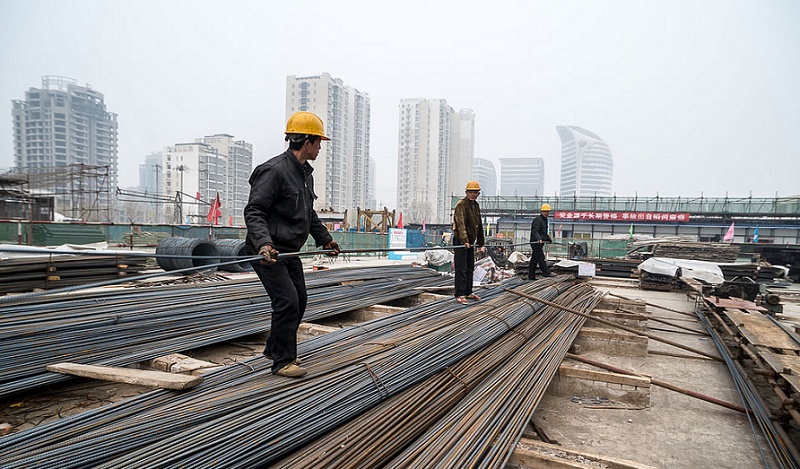Most Kiwis take it for granted that they are much wealthier than the average Chinese. China is a place where people shit in the street, eat dogs and live in houses made of bamboo and polystyrene. The fact, however, is that China has made immense economic progress over the past 20 years, and if they continue at this rate they will soon catch up to New Zealand.
Most people vaguely understand that China has become richer recently. But most don’t appreciate how far this process has run. The general assumption is that China is no longer Africa poor, but is now Brazil poor. The reality is that the average Chinese is now wealthier than the average Argentinian and is getting wealthier fast.
Chinese wages have increased tenfold over the last 20 years. In 2000, the average Chinese wage was CNY9,371/year. By 2019, the average Chinese wage was CNY 93,383/year, which works out to $(NZD)20,910. The Chinese are well into the middle-income stage of development and are closing in fast on the rich world.
The average New Zealand wage is $33.37 per hour, and the average Kiwi works 1,762 hours per year. This gives an average Kiwi wage of $58,798. This means that Kiwi wages are, for now, 181% higher than Chinese ones. But the rate of increase of Chinese wages is much higher than that of Kiwi wages. Chinese wages will soon catch up.
As mentioned above, the average Chinese wage has increased from CNY9,371 in 2000 to CNY93,383 today, an increase of 997%. This is equivalent to a 12.2% increase every year since 2000, and means that Chinese wages double every six years or so.
The average Kiwi wage has increased from $17.50 in 2000 to $33.37 today, an increase of 91%. This is equivalent to a 3.3% increase every year since 2000. As this column has previously shown, this represents a drastic loss in living standards on account of that house prices have risen much faster than wages. But it’s set to get worse.
There is no guarantee that those rates of growth will maintain, but it’s apparent that the Law of Diminishing Returns has worked to increase Chinese wages much faster than Kiwi wages. Assuming that something like those rates of growth maintain, then it won’t be long before the average Chinese wage surpasses the average Kiwi one.
If we assume that Chinese wages increase at 10% hereafter, and Kiwi wages increase at 3% (the high growth model), then it will take no more than 16 years before Chinese wages are higher than Kiwi ones. At this point, both Chinese and Kiwi wages should be around $95,000.
If we assume that Chinese wages increase at 8% hereafter, and Kiwi wages increase at 2.5% (the medium growth model), then it will take around 20 years before Chinese wages are higher than Kiwi ones.
If we assume that Chinese wages increase at 6% hereafter, and Kiwi wages increase at 2% (the low growth model), then it will take around 27 years before Chinese wages are higher than Kiwi ones.
In any case, the maths suggest that it won’t be much more than one generation before the average wage-earner will earn more, in absolute terms, in China than in New Zealand. The average person reading this article should live to see a world in which Chinese wages are higher than New Zealand wages.
What that means for New Zealand is anyone’s guess. The real tricky questions will be faced by naturalised Chinese New Zealanders whose parents left China when there were much better opportunities in New Zealand. Some of those people might sit down, do the maths, and decide that there are now much better opportunities in China.
*
If you enjoyed reading this essay, you can get a compilation of the Best VJMP Essays and Articles of 2019 from Amazon for Kindle or Amazon for CreateSpace (for international readers), or TradeMe (for Kiwis). A compilation of the Best VJMP Essays and Articles of 2018 and the Best VJMP Essays and Articles of 2017 are also available.
*
If you would like to support our work in other ways, please consider subscribing to our SubscribeStar fund. Even better, buy any one of our books!

